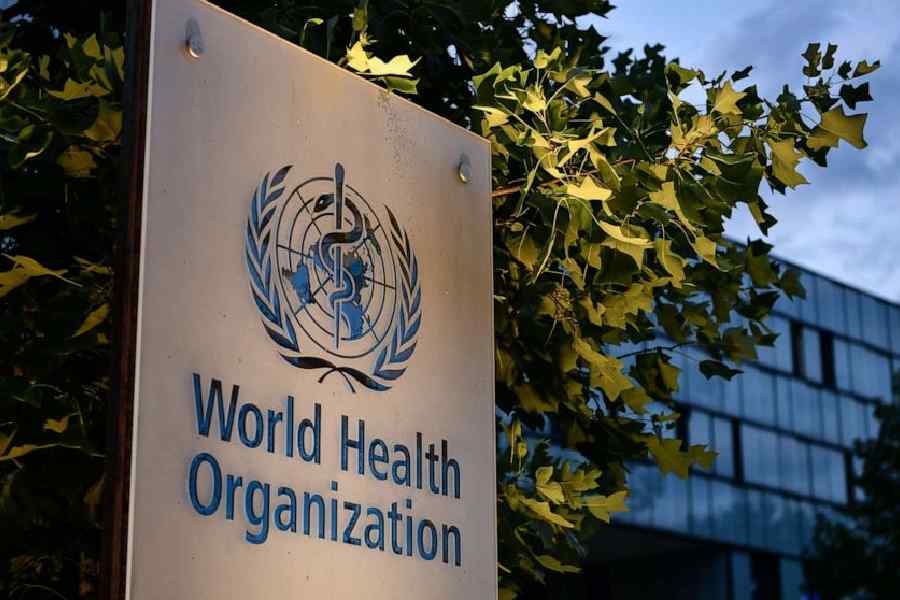Working under the sun causes nearly one in three deaths from non-melanoma skin cancer, according to an international study including researchers from the World Health Organization (WHO) and the International Labour Organization (ILO).
They found that outdoor workers carry a large and increasing burden of non-melanoma skin cancer, which refers to a group of cancers that develop in the upper layers of the skin. The condition is "rarely lethal but surgical treatment is painful and often disfiguring," according to the WHO.
The research estimated that in 2019, 1.6 billion people of working age (15 years or older) were exposed to solar ultraviolet radiation while working outdoors, roughly 28 per cent of all working-age people.
Further, in that year alone, working outdoors in the sun caused almost 19,000 deaths across 183 countries from non-melanoma skin cancer, about 65 per cent of which were in men, the study published in the journal Environment International said.
From the research, the WHO called for more action to protect workers from hazardous outdoor work in the sunlight.
As skin cancer develops after years or even decades of exposure, workers must be protected from solar ultraviolet radiation at work from young working age onwards, the WHO said in a statement.
"Unprotected exposure to solar ultraviolet radiation at work is a major cause of occupational skin cancer," said Tedros Adhanom Ghebreyesus, WHO Director-General.
In this study, the researchers found that the occupational hazard of "exposure to solar ultraviolet radiation" had the third highest attributable burden of cancer deaths globally.
Between 2000 and 2019, skin cancer deaths attributable to occupational exposure to sunlight almost doubled, increasing by 88 per cent from 10,088 deaths in 2000 to roughly 19,000 deaths in 2019, the study found.
Further, the exposure to solar radiation at work is associated with a 60 per cent increased risk of developing non-melanoma skin cancer, the researchers found after analysing 25 case-control studies with about 2,90,000 (2.9 lakhs) participants living in 22 countries across three WHO regions.
The data from participants were collected through surveys between 1 January 1996 and 31 December 2021, the researchers said.
"(However,) there are effective solutions to protect workers from the sun's harmful rays, and prevent their deadly effects," said Adhanom Ghebreyesus.
Governments should establish, implement and enforce policies and regulations that protect outdoor workers from sun-induced skin cancer by providing shade, shifting working hours away from the solar noon, the researchers said in their study.
"Workers could be provided with training, as well as personal protective clothing (e.g., broad-brimmed hat, long-sleeved shirts, long trousers) and sunscreen, for working outdoors. Occupational health services could provide regular screening for skin cancer, with a focus on the workers at highest risk," they wrote.
Protective measures should be implemented when the ultraviolet index, a scale rating the amount of skin-damaging ultraviolet radiation, is 3 or higher, they said.
"A safe and healthy working environment is a fundamental right at work," said Gilbert F. Houngbo, ILO Director-General.
"Death caused by unprotected exposure to solar ultraviolet radiation while working is largely preventable through cost-effective measures.
"It is urgent that governments, employers and workers and their representatives work together in a framework of well-defined rights, responsibilities and duties to reduce the occupational risk of UV exposure. This can save thousands of lives every year," said Houngbo.
Except for the headline, this story has not been edited by The Telegraph Online staff and has been published from a syndicated feed.











